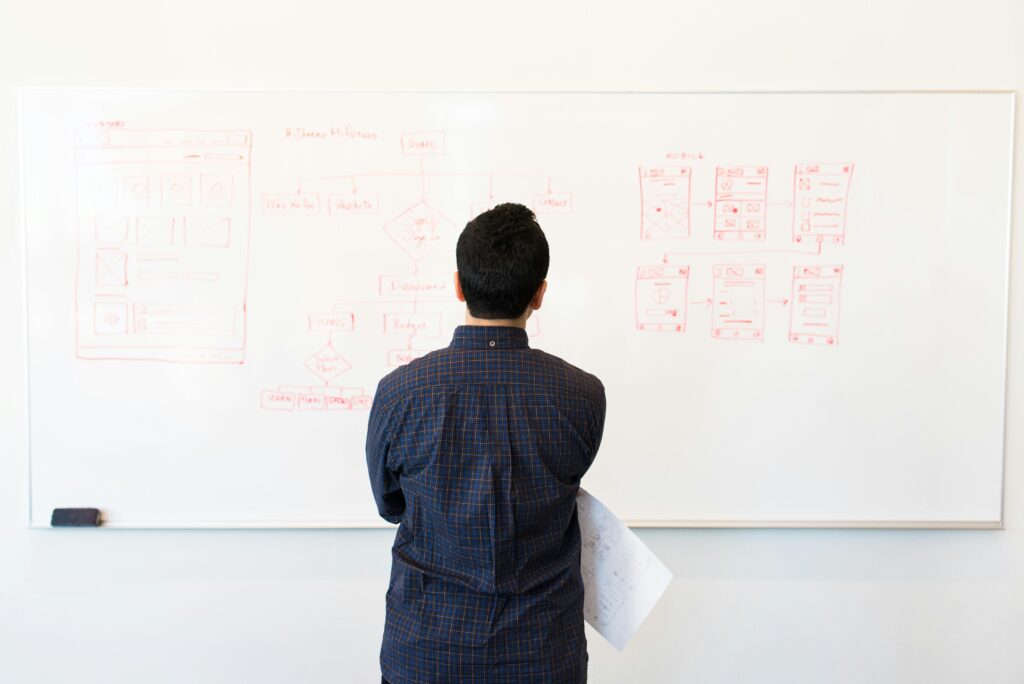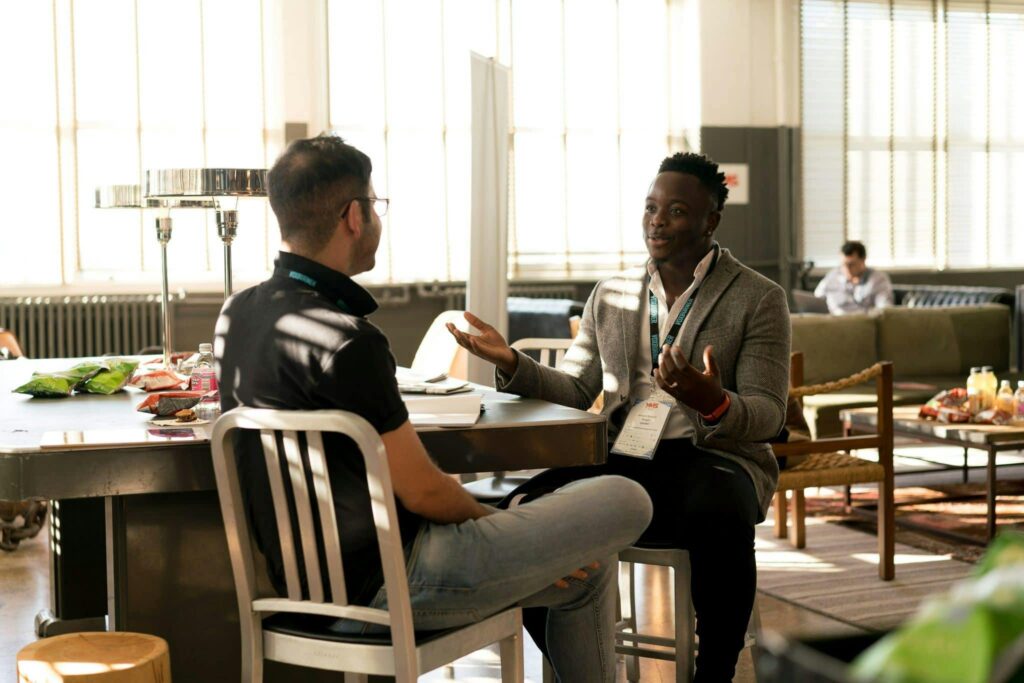In a world where groupthink often rules and social conformity is rewarded; critical thinking stands out as a powerful skill. Critical thinkers question ideas, challenge assumptions, and look beneath the surface. While many people accept information at face value, critical thinkers dig deeper and often spot inconsistencies or flaws that others overlook.
Being a critical thinker does not mean being negative or argumentative. It means applying logic, reason, and curiosity to evaluate claims, beliefs, and actions. People with this mindset value truth over comfort and clarity over simplicity. If you often notice flaws in common opinions or popular trends, you may be thinking more critically than you realize. Here are eight signs you are a critical thinker who sees flaws in things that others blindly accept.
1. You Ask a Lot of Questions

Critical thinkers are naturally curious and rarely settle for surface-level answers. When presented with a claim, idea, or rule, they ask questions such as “Why is this the case?” or “Who benefits from this perspective?” They are not satisfied with vague or generic responses and prefer well-reasoned explanations. This habit of questioning often leads them to uncover inconsistencies or weak reasoning that others may accept without hesitation. Whether reading the news, watching a documentary, or listening to someone speak, critical thinkers dig deeper.
Read More: 8 Ways to Reprogram Your Mind for Positive Thinking
2. You Can Spot Logical Fallacies

Critical thinkers recognize poor reasoning when they see it. They are familiar with common logical fallacies such as ad hominem attacks, false dilemmas, straw man arguments, and slippery slope thinking. When someone uses emotion or popularity to support a claim instead of facts and evidence, a critical thinker notices immediately. While others may be swayed by persuasive language or group consensus, critical thinkers focus on the structure of the argument itself. This awareness helps them evaluate ideas based on logic, not persuasion.
3. You Are Not Easily Influenced by Trends

Fads in health, technology, politics, and lifestyle come and go, often with little scrutiny. Many people jump on board without fully understanding the reasoning behind them. Critical thinkers are different. They question the motives behind trends and examine the evidence before accepting them. They may be skeptical of viral challenges, miracle diets, or political slogans. While this may make them appear cautious or resistant to change, it actually reflects a deeper level of awareness. They are not against innovation, they just prefer to evaluate its value first.
4. You See the Gray Areas

While many people like to think in black and white terms, critical thinkers are comfortable with nuance. They understand that most situations are complex and involve multiple perspectives. They resist the urge to label things as entirely good or bad and instead try to understand the bigger picture. This approach helps them navigate debates, conflicts, and decisions with a more open and informed mindset. Recognizing that truth often lies in the gray areas allows them to avoid overly simplistic thinking and identify flaws in one-sided arguments.
Read More: Answer This Question Without Thinking…Your Result Will Be Seriously Revealing
5. You Value Evidence Over Opinion

Critical thinkers are not easily swayed by hearsay, emotion, or popularity. They look for data, facts, and credible sources before forming an opinion. When someone makes a bold claim, a critical thinker often asks, “What is the evidence?” They understand the importance of verifying information and are often the ones who read the fine print, check sources, and dig deeper into claims. This habit helps them detect misinformation or biased reporting that others may accept at face value. They are not quick to believe something just because it is widely shared or emotionally compelling.
6. You Embrace Being Wrong

Being wrong is uncomfortable for many people, but critical thinkers view it as part of the learning process. They are open to changing their minds when presented with new evidence or stronger reasoning. This flexibility sets them apart from those who cling to their views regardless of facts. Critical thinkers do not see being wrong as a failure, but as an opportunity for growth. Admitting errors and adjusting beliefs accordingly shows intellectual humility and a commitment to truth. This quality also helps them avoid the trap of confirmation bias, where people only seek information that supports their existing views.
7. You Notice Contradictions Others Miss

Critical thinkers are often the first to point out inconsistencies in arguments, systems, or behaviors. Whether it is a contradiction in a political speech, a flawed business strategy, or a misleading advertisement, they are quick to notice when things do not add up. This ability stems from their habit of analyzing patterns, comparing details, and cross-checking information. While others may accept conflicting statements or ignore double standards, critical thinkers identify them and often ask the hard questions. This keen attention to detail allows them to identify flaws in reasoning that others might miss.
8. You Think Independently

Critical thinkers do not rely on the crowd to form their opinions. They take time to research, reflect, and decide for themselves. Even when their views are unpopular, they are willing to stand by their reasoning. This independence allows them to see flaws in commonly held beliefs or societal norms that are rarely questioned. They are not driven by peer pressure or fear of rejection. Instead, they prioritize integrity and intellectual honesty. Independent thinking is often the foundation of innovation and reform, as it challenges the status quo and opens the door to better alternatives.
Conclusion

Being a critical thinker means more than just being skeptical. It means approaching the world with a thoughtful and analytical mindset. While many people accept information as it is presented, critical thinkers dig deeper. They question assumptions, seek evidence, and stay open to new perspectives. They recognize that truth is often more complicated than it appears and are not afraid to challenge popular ideas or point out contradictions.
If you find yourself regularly spotting flaws that others overlook, if you value logic over emotion, and if you are comfortable revising your beliefs when faced with new evidence, you are likely a critical thinker. This skill is not only useful, it is essential in a world where information is abundant but not always accurate.
Critical thinking is a mindset that benefits every area of life. From making personal decisions to navigating complex social issues, the ability to think clearly and independently leads to better outcomes. As more people embrace critical thinking, society becomes more informed, more thoughtful, and more capable of solving the challenges it faces. Whether you were born with this mindset or have developed it over time, being a critical thinker is a strength worth nurturing.
Disclaimer: This article was created with AI assistance and edited by a human for accuracy and clarity.

